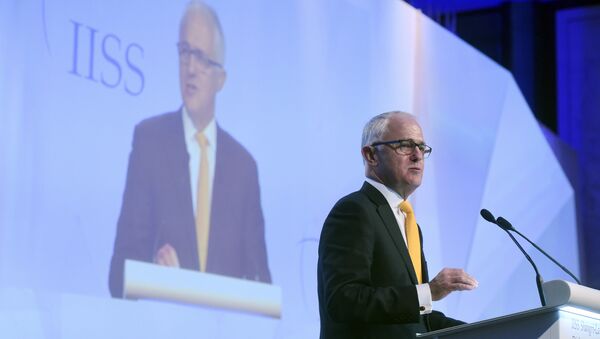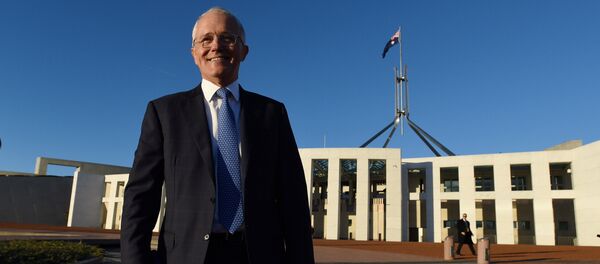Plans by the Australian Government to introduce laws restricting the reporting and handling of information sensitive to the country's "national interests" has been condemned by universities, religious leaders and legal professional groups as a danger to freedom of the press.
New legislation being brought before the Parliament in Canberra was prompted by revelations in December 2017 of improper contact between Australia Labor politician Sam Dastyari and a Chinese-government linked businessman who he advised on how to avoid surveillance by Australian security agencies. Initially, the legislation was intended to crack down on foreign donations to Australian political parties The Espionage and Foreign Interference Bill 2017 however contains new far-reaching offenses that even the country's intelligence agencies have warned may put its members at legal risk due to the vagueness of the language involved.
We support in-principle measures to ensure Australia’s laws are sufficiently robust to guard against the undermining of Australia’s sovereignty & maintain the integrity of its political processes in light of foreign interference: https://t.co/ncm4YjCe8t #auspol #auslaw pic.twitter.com/3VDGfg7xCv
— Law Council (@thelawcouncil) January 30, 2018
Law Council of Australia also calling for a journalists to be exempt from the Government's new espionage laws, which would make it illegal to merely possess sensitive information. pic.twitter.com/0tpTKAxU9X
— Henry Belot (@Henry_Belot) January 23, 2018
Morry Bailes, the president of the Law Council of Australia said in his submission statement to the Joint Intelligence Committee on Tuesday, "the breadth of the key term 'national security' extending to the country's political or economic relations with another country or countries may have a stifling effect on freedom of expression."
The bill criminalizes actions against the country's "national security, military capabilities, alliance relationships and Australia's economic and political stability." Of particular concern to observers has been the publication and even receiving and handling of information pertaining to Australia's "national interest."
.@TimCostello: 'We don't want foreign interference in politics, but this mostly applies to public groups like charities. Vested private, for profit interests, get a leave pass and we — who try to give a blanket to a homeless person — don't. It's ludicrous' https://t.co/OgfVP6oylZ pic.twitter.com/KmlHGAsP0N
— Sky News Australia (@SkyNewsAust) January 30, 2018
Good on you Tim. This must not stand. Such a blatant attack on LNP's adversaries which leaves THEIR donation stream untouched
— Jan Drinkwater (@Janamok) January 30, 2018
Catholics could be forced to register as foreign agents in Australia if a new bill meant to crack down on espionage and political interference by other countries becomes law, the country’s bishops argued on Tuesday.https://t.co/ZeqIFMauO8 pic.twitter.com/oBRb4qG43Q
— Crux (@Crux) January 30, 2018
Unacceptable. 😡
— Amnesty Australia 🕯 (@amnestyOz) January 24, 2018
Foreign interference laws could see journalists 'jailed for doing their jobs' https://t.co/MYlRzFobB3 pic.twitter.com/PUbVuPCstO
On January 30, the Australian Broadcasting Corporation (ABC) reported details of classified government documents from the previous Labor Government which were mistakenly left in a filing cabinet. Even while reporting the story, the ABC admitted that it could not be sure it was not in violation of current national security legislation regarding classified documents.
READ MORE: Oops! Top Secret Docs Reportedly Found in Second-hand Shop




